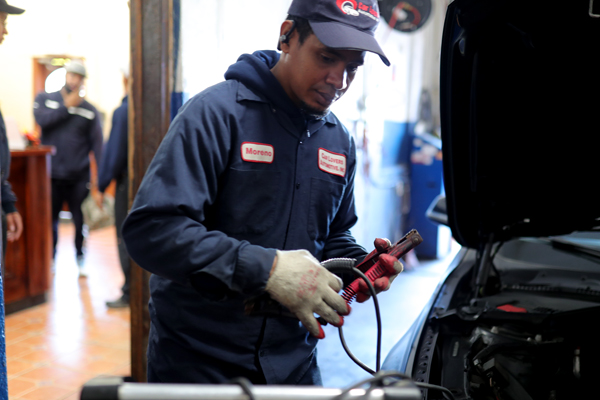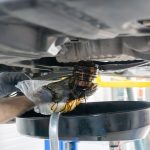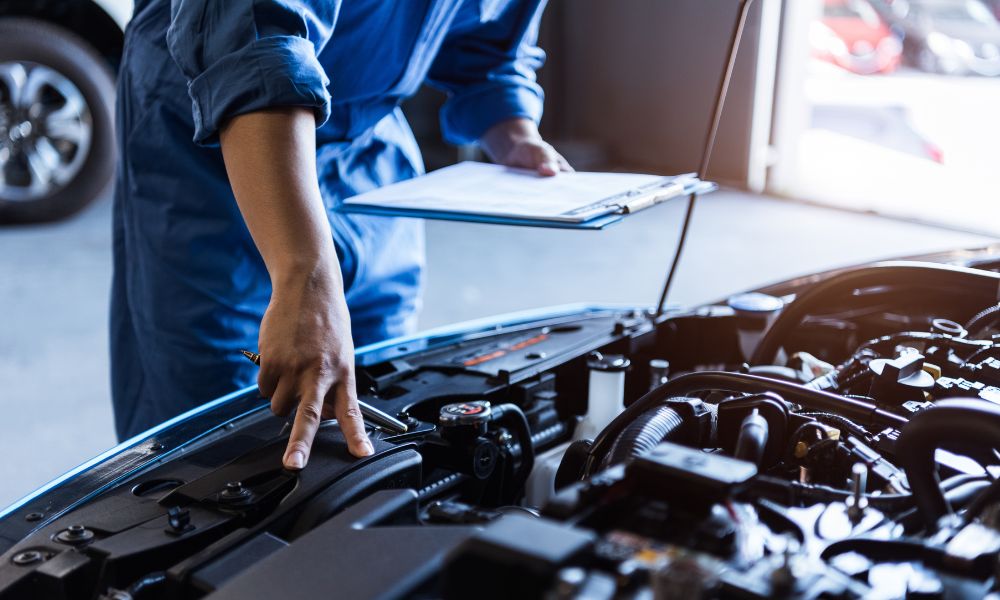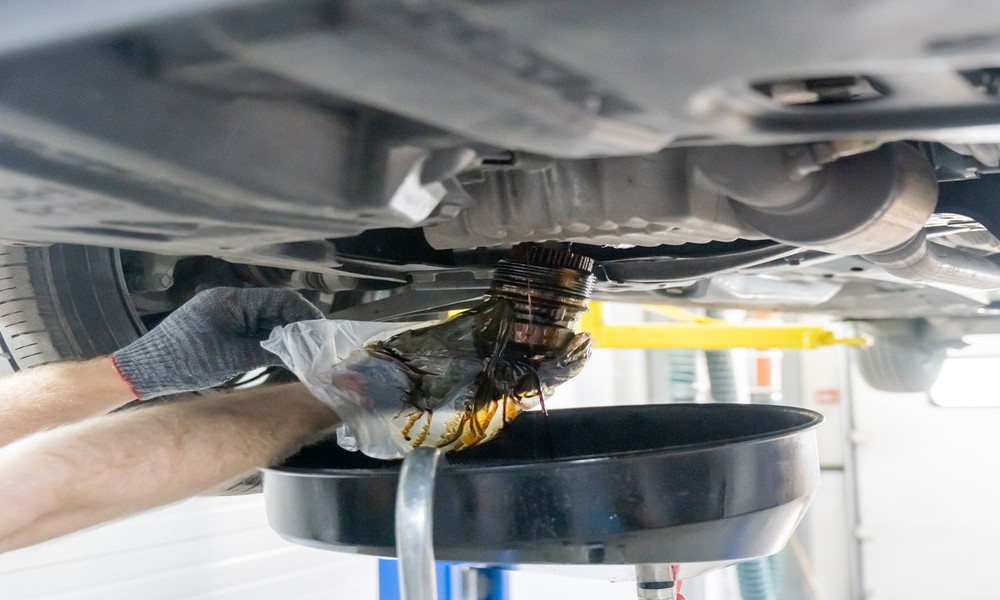In fleet management, dependability and safety are not only preferences; rather, they are absolutely necessary for effective operations. Among the several elements influencing the performance of a fleet vehicle Auto Repair in Mandan, ND, the brake system is maybe the most important. Brake drums are quite important within this system. Not only does good brake drum maintenance ensure the safety of drivers and cars, but it also helps to safeguard fleet operation’s bottom line.
Safety First: The Impact of Brake Drum Condition
Brake drums mostly serve to give the required friction to slow down or stop the car. Maintaining good brake drum condition guarantees constant and dependable braking performance, which is absolutely vital in preventing collisions. On the other hand, worn-out or damaged brake drums could cause less stopping power, thereby possibly leading to disastrous results. The risk is increased for fleet vehicles—where several drivers run the same units. Frequent brake drum inspections and maintenance greatly lower the risk of brake-related accidents, so safety becomes first importance.
Cost-Effectiveness through Preventive Maintenance

Not only is investing in brake drum maintenance a financial wise choice, but it also concerns safety. Before they become costly repairs, regular maintenance helps to find problems including warping, cracking, or too much wear. Ignoring these little issues can cause total brake failure, which would cause expensive repairs, downtime, and maybe legal consequences after an accident. Regular brake drum inspections and proactive resolving of any issues will help fleet managers increase the lifetime of the brake system, therefore lowering the total maintenance costs and prolonging vehicle operation times.
Enhancing Fleet Reliability
Downturns can be a major obstacle to output for companies depending on fleet vehicles. Maintaining good condition of brake drums improves the dependability of every vehicle in fleet. Well-maintaining brakes helps to ensure smoother operations, therefore freeing drivers to concentrate on their journeys free from concern for unexpected mechanical failures. Less brake problems on fleet vehicles increase their likelihood of meeting delivery targets, keeping customer contentment, and preserving the company’s name. For a company in a field where time is sometimes measured in terms of money, dependable vehicles can be a revolution.
Environmental Considerations
Maintenance of brakes also affects the surroundings. Wearing brake parts can result in more braking distance and, thus, more fuel consumption, which adds to the higher emissions. Fleets not only improve their operating efficiency but also help to lower their carbon footprint by making sure that brake drums are kept correctly maintained and run effectively. Including regular brake maintenance among ecologically friendly fleet management techniques will help to fit a larger sustainability agenda.
Conclusion
A full fleet management plan requires brake drum repair. Fleet managers may ensure smooth operations by prioritizing safety, cost control, vehicle dependability, and environmental impact. Regular inspection and maintenance are investments in driver safety, automotive longevity, and business success, not just legal requirements.







